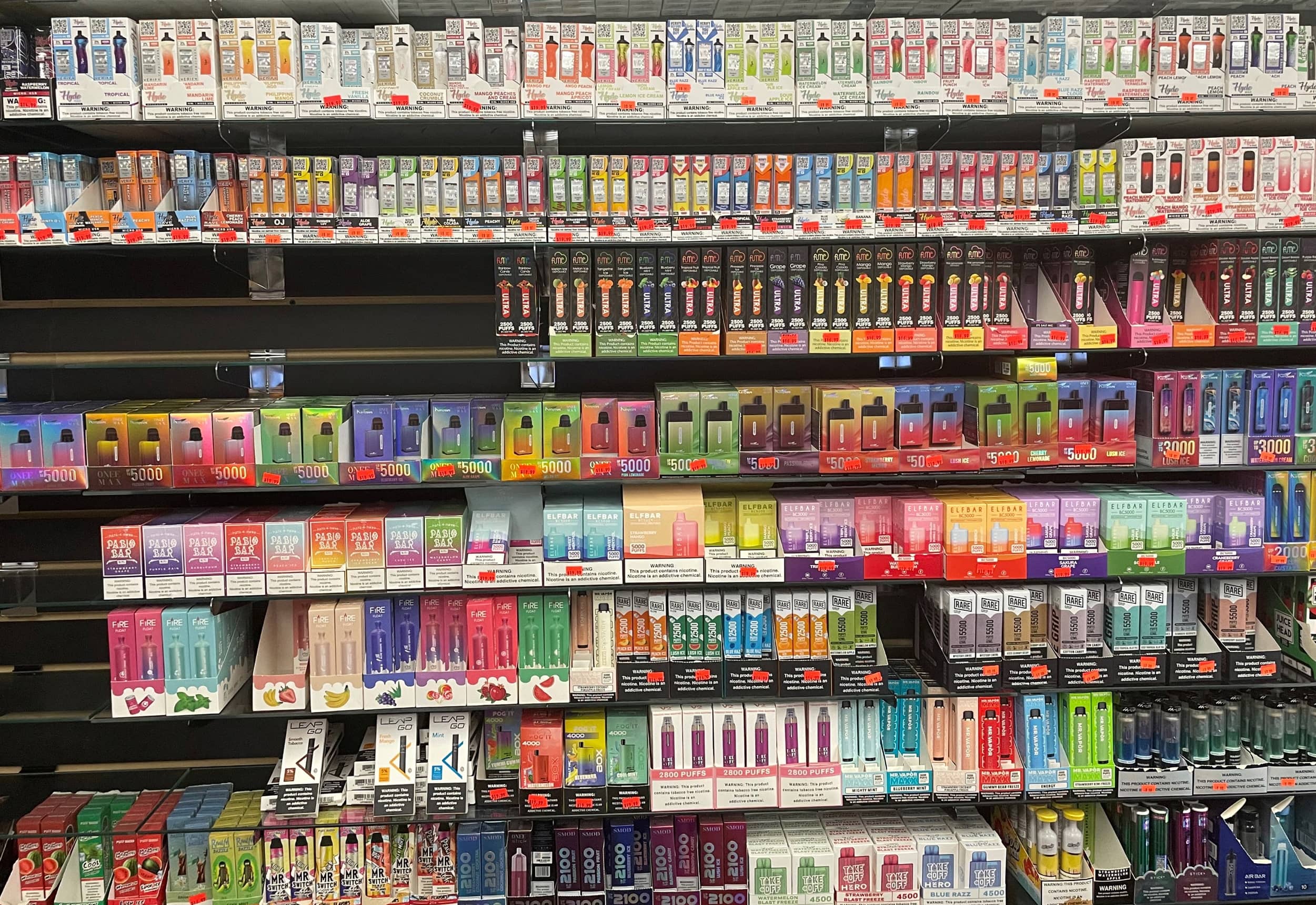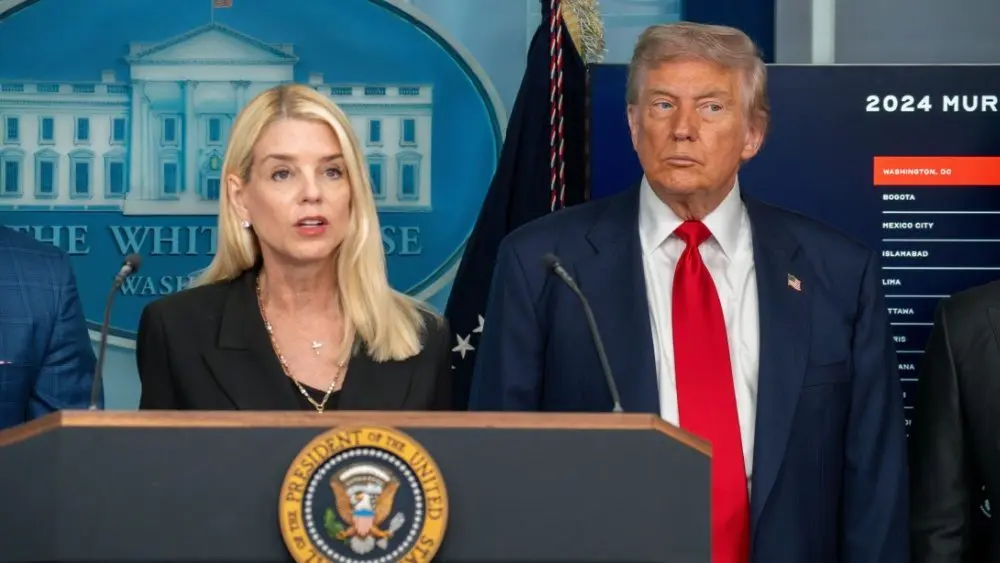Kansas has finalized a nearly $10 million settlement with JUUL Labs, resolving a two-year investigation into the e-cigarette manufacturer’s marketing and sales practices.
The settlement forces JUUL to comply with strict injunctive terms limiting their marketing and sales practices. Kansas is expected to receive more than $9.9 million as part of the $438.5 million settlement between JUUL and 32 states and Puerto Rico. The money will be paid over 6 to 10 years.
The multistate investigation revealed that JUUL willfully engaged in an advertising campaign that appealed to youth, even though its e-cigarettes are both illegal for them to purchase and are unhealthy for them to use. The investigation found that JUUL deliberately marketed to underage users with launch parties, advertisements, social media posts and free samples. The investigation also revealed the company sold flavors to entice underage users while marketing products that were “easily concealable.”
In addition, JUUL manipulated the chemical composition of its product to make the vapor less harsh on the throats of the young and inexperienced users while relying on age verification techniques that it knew were ineffective.
Lastly, it was proven that JUUL’s original packaging misled consumers by not clearly disclosing that it contained nicotine and implied that it contained a lower concentration of nicotine than it actually did. Customers were also led to believe that consuming one JUUL pod was the equivalent of smoking one pack of combustible cigarettes. Lastly, JUUL misrepresented its product as a smoking cessation device without FDA approval to make such claims.
As part of the settlement, JUUL agreed to refrain from specific marketing practices that target youth, as well as establishing stricter age verification controls on websites, direct-to-consumer advertising, and free samples. The agreement also includes sales and distribution restrictions, including where the product may be displayed/accessed in stores, online sales limits, retail sales limits, age verification on all sales, and a retail compliance check protocol.
A copy of the consent judgment is available at https://bit.ly/3iHlLqo.
[Photo: Reuters]








